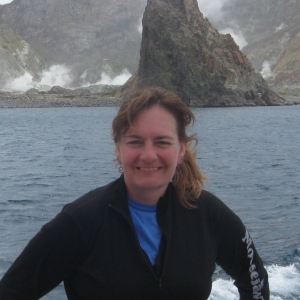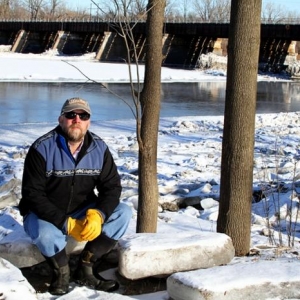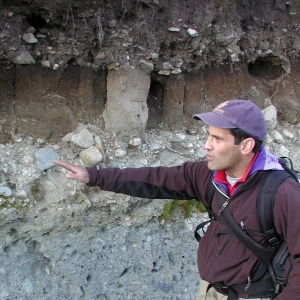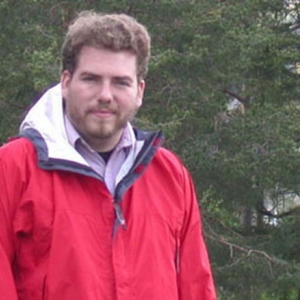Union College faculty researchers have received an award from the National Science Foundation (NSF) Major Research Instrumentation (MRI) Program to acquire a state-of-the-art instrument that will enable advanced analytical and research training activities in the Earth Sciences. Associate Professor and Chair of Geology Holli Frey is the lead Principal Investigator (PI) on the $307,241 grant that will support the purchase of a new inductively coupled plasma mass spectrometer (ICP-MS).
With the new ICP-MS, Frey and her team will continue to monitor these regions for any changes in trace and rare earth element concentrations, which may be indicative of volcanic unrest. (2/3)
The ICP-MS supports societally relevant research and trains undergraduate students in the use of state-of-the-art techniques, enabling them to transition directly into high profile graduate schools and technical jobs. Prof. Frey is joined by co-PIs/Profs. John Garver, David Gillikin, Kurt Hollocher, and Donald Rodbell to advance projects in the realm of a burgeoning initiative to address water quality and contamination. Other faculty engaged in research and educational activities using the ICP-MS include Laura MacManus-Spencer, associate professor of chemistry, Heather Watson, assistant professor of physics and astronomy, and Matthew Manon, lecturer in geology.
In addition to carrying out societally relevant environmental and pollution-related water quality studies, the to be acquired ICP-MS has higher detection limits, an increased analytical speed, and dynamic mass range allowing for projects in:
This work is done in conjunction with the University of West Indies Seismic Research Center (UWI-SRC) and the Dominican Office of Disaster Management (ODM). (3/3)
(1) the study of volatile concentrations in magmatic apatite to better understand the state of volatile saturation prior to eruptions and to correlate widely dispersed volcanic deposits; (2) advance studies of trace element zoning in speleothems, which may be useful in both paleoclimate reconstruction and to track modern and archeological pollution events; (3) U-Pb dating of zircons with a quadrupole ICP-MS; (4) measuring biogenic silica in terrestrial lake core samples with increased throughput and decreased amount of sample destroyed; and (5) measuring element diffusion profiles in experimental iron-nickel alloys and sulfides to constrain the formation of planetary cores. The data resulting from these projects will establish datasets that will improve scientific understanding of various hydrologic systems that impact our present society.






